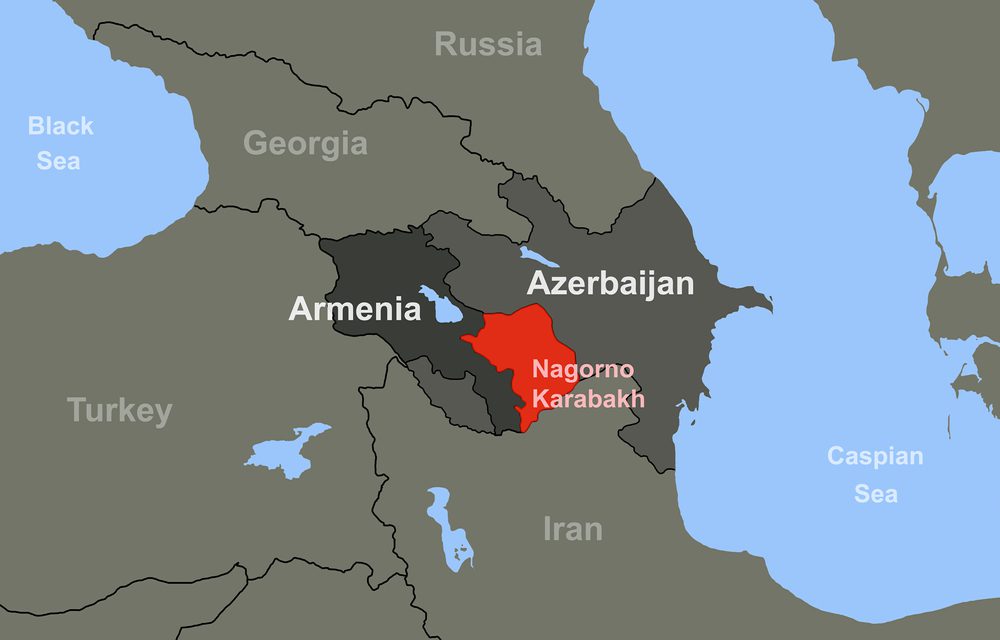
Persuaded by a recent military offensive by Azerbaijan, President Samvel Shahramanjan of the breakaway Republic of Artsakh (Nagorno-Karabakh’s Armenian name) signed a decree on Thursday, September 28th ordering all local government institutions to halt their operations on January 1st, 2024.
On that day, the separatist state, which is recognized neither by Armenia nor the larger international community, will cease to exist. Following Arsakh’s dissolution, Azerbaijan will have regained control of the breakaway region overnight, bringing an end to three decades of sporadic violence.
The deal with Azerbaijan reportedly came about after mediation by Russia, according to Shahramanjan.

Following the Soviet Union’s implosion, the enclave’s regional parliament, which then enjoyed autonomy within the Soviet republic of Azerbaijan, spoke in favor of joining Armenia. An ensuing war claimed the lives of tens of thousands, as many perished in ethnic cleansing operations performed by both sides. Officially, a ceasefire has been in effect since 1994.
With Russian peacekeeping forces, which had been tasked with monitoring the ethnic Armenian majority enclave since 2020, increasingly distracted by the war in Ukraine, Azerbaijan seized the opportunity to bring the separatist region back into the fold by military means.
In the aftermath, a sizable exodus is well underway with 68,000 of Nagorno-Karabakh’s 120,000 Armenian residents, in fear for their lives, having already left the enclave.
Following the decree, Armenian Prime Minister Pashinyan promised that no Armenian would be left behind, as he accused Azerbaijan of ethnic cleansing, which the latter denies.
Samantha Power, head of the U.S. Agency for International Development (USAID), met Azerbaijani President Ilham Aliyev in Baku on Wednesday, September 27th, after visiting Armenia.
A spokesperson said that Aliyev “noted that the civilian population had not been harmed during the anti-terrorist measures, and only illegal Armenian armed formations and military facilities had been targeted.”
The president emphasized that “like other ethnic minorities living in Azerbaijan, their rights [the ethnic Armenians] would be ensured within the framework of the country’s legislation and international obligations.”
